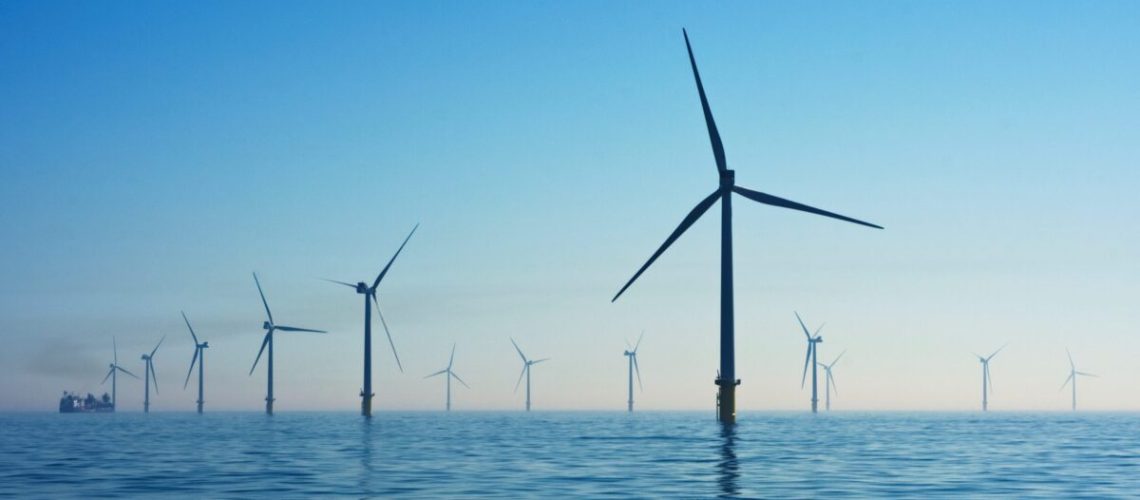Brand New Organizer Toolkit!
Our new Climate Mobilization 2030 Toolkit launched on March 29! We offer a step-by-step blueprint for people and organizations to get their communities involved by passing Climate Emergency Declarations, and follow-up Climate Emergency Programs to enact real policy making mobilization at the local level. Whether you’re an individual, or part of a local climate group, this new resource is a guide to moving your community into emergency mode.
If you’re thinking about taking action and want to learn more about reaching zero emissions by 2030, or are curious about what comes next after declaring climate emergency, sign up to receive the Toolkit.
For an introduction watch our Toolkit Launch Webinar.
Climate Emergency Movement Updates
The city of La Mesa, California declared a climate emergency on February 23, bolstering the city’s Climate Action Plan and “directing the City to take accelerated and comprehensive action to address the climate crisis.”
Sonoma County, California has become the first county in the U.S. in which all of its cities, plus the County itself, have now passed a Climate Emergency Resolution. The area is unique in California in having a Regional Climate Protection Authority (RCPA) — a joint powers authority, or JPA, tasked with coordinating climate protection efforts among the County’s nine cities and multiple agencies. Organizers in Sonoma with The Climate Mobilization and many allied groups continue to push local governments to make good on their promises, while advocating for equitable policies that bolster the resilience of the region.
To date there have been 1,928 declarations of climate emergency worldwide, within 34 countries and the European Union. For these communities, the next step is to adopt Climate Emergency Programs that center frontline communities and bring emissions to zero by 2030.
Progress from the Biden Administration
As currently written, Biden’s newly unveiled, $2 trillion dollar infrastructure plan includes provisions to address the climate emergency, among other spending. $174 billion is earmarked to subsidize the cost of electric vehicle purchases and to build charging infrastructure, $100 billion for upgrades in the electric grid, and $85 billion for public transit. While passage of this bill would be a paradigm shift away from the business-as-usual gridlock that has gripped Washington for decades, in its current form it is not enough to initiate a Climate Mobilization that would drive down emissions at emergency speed. We continue to work with allies in Congress to increase the topline and improve the package and will continue to advocate for comprehensive Climate Mobilization that rises to the challenge of restoring a safe climate.
The White House announced the members of the new Environmental Justice Advisory Council, which will advise and provide recommendations to the Chair of the Council on Environmental Quality (CEQ) and the White House Environmental Justice Interagency Council on how to address current and historic environmental injustices.
Also, the Biden administration announced a plan to rapidly increase offshore wind power generation, which includes the creation of a wind energy area off the east coast, smoother permitting, and increases in available loans — all aimed at creating enough wind-power capacity to power 10 million homes within ten years.
Natural Gas Bans
Berkeley, CA, which declared a climate emergency in 2018, passed the first ban on natural gas hookups in new construction in 2019. Since that time the regulation has become popular among California cities — 21 municipalities across California now require all-electric systems in new housing construction. Unfortunately efforts toward a statewide ban have proved much more difficult to pass, facing calls to delay the changes, as well as criticism from gas industry groups and others over potential electricity rate hikes, and grid disruption during a time when California’s electric grid is already under strain.
State Sen. David Cortese stands in favor of natural gas bans, stating “Look, this is either a climate emergency or it’s not. If this isn’t the equivalent of a pandemic happening on the greenhouse gas front, then stop now. But it is a problem. It’s a problem I’m committed to solving.”
For more details about the challenge of passing meaningful climate emergency legislation, the full report on the matter from KQED public radio is worth reading.
Heading in the Wrong Direction
Funding by global banks for expanding fossil fuel companies has gone up since the signing of the Paris Accord, demonstrating the lack of engagement with even modest climate goals from the banking sector. While some banks have promised to reduce funding to coal, oil and gas firms, none have concrete plans to do so. Additionally, analysis by The Guardian finds that three quarters of board directors among the 7 largest US banks have ties to fossil fuel companies.
The rulemaking process that determines building codes, regulating energy efficiency standards in new buildings among other things, has been altered by the International Code Council, or ICC, to give less power to local elected officials and cede the majority of voting power to industry representatives. This change impacts much of the United States and Latin America and could block democratic attempts to legislate standards that cut emissions from homes and businesses. Despite opposition from prominent Democrats and the Biden Administration, the ICC voted to adopt the changes in a closed meeting on March 3.
2020 was one of the worst years for destruction of forests in recent decades, according to a new study. Some of most acute losses, an area of land the size of the Netherlands, occurred in tropical rainforest regions of South America, central Africa and south-east Asia, regions home to essential carbon storage capacity and fragile biodiversity.
Supporting this work
Thank you for your continued interest in The Climate Mobilization and the Climate Emergency Movement. If you can support us with a donation, you’ll help us build community power across the US for emergency declarations and the Climate Emergency Programs that follow.



